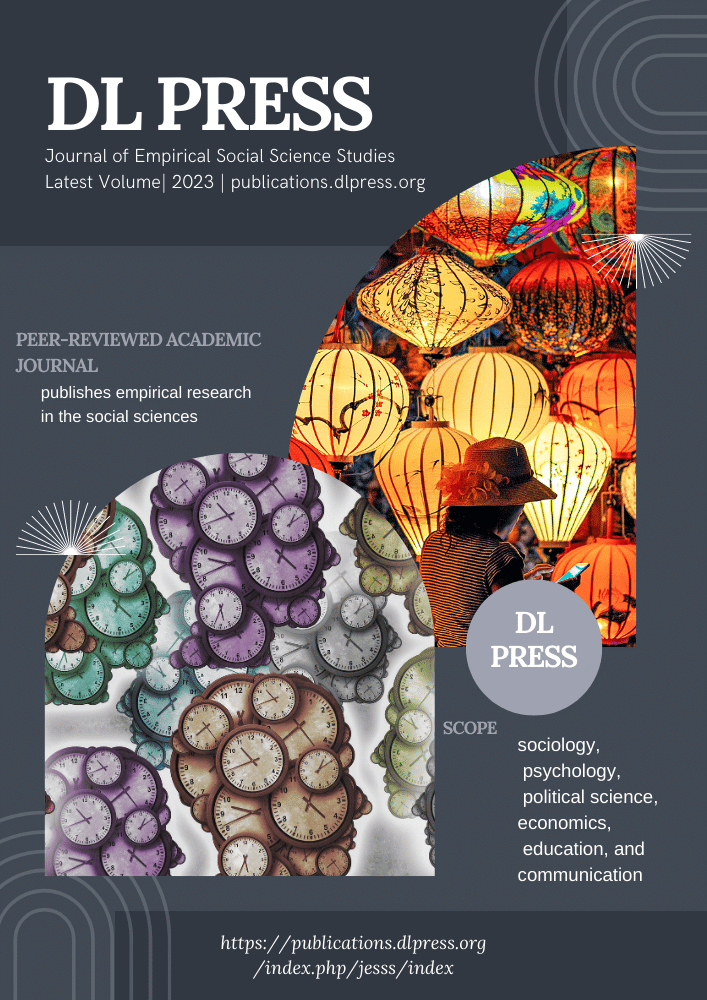Advancements in Sensor Technologies for Microfluidic Systems: Implications for Drug Discovery and Plant Pathogen Detection
Main Article Content
Abstract
Microfluidic systems integrated with sensors have shown great promise for applications in drug discovery and plant pathogen detection. Recent advancements in sensor technologies including electrochemical, optical, mechanical, and mass sensitivity detectors have enabled accurate, rapid, and cost-effective analysis of biochemical samples on microfluidic chips. The integration of microfluidics with sensors provides capability for high-throughput analysis, portability, reduced sample requirements, and process automation. The small dimensions of microfluidic channels allow precise manipulation of very small volumes of fluids, facilitating automation. This article reviews recent research on novel microfluidics-based sensors and their emerging implications on pharmaceutical research and agriculture. For drug discovery, microfluidic platforms with embedded sensors enable refined in vitro models that better emulate human physiology for reliable toxicity assessment and drug screening. Lab-on-chip microfluidic sensors with capabilities in nanoliter sample volumes are also cutting analysis times and costs in the discovery pipeline. High-throughput screening against large compound libraries and optimizing synergistic combinations of drug candidates is now possible. For plant pathogen screening, microfluidic immunoassays and molecular diagnostic devices facilitate rapid, sensitive and portable detection alternatives to conventional laboratory-based screening tools. Smartphone-readable microfluidic sensor strips are creating opportunities for instant field tests without requiring extensive supporting infrastructure. Future priorities focus on expanding organ and disease models, mobile diagnostics for on-site analysis, smartphone integration, process automation, training provisions, and cross-disciplinary collaborations to translate more microfluidic sensors from lab to application. Overall, microfluidics-integrated sensor technologies promise to transform drug development and agriculture landscape through early disease diagnosis, toxicology prediction, and precise interventions during disease/treatment stages.
Article Details
Public Licensing Terms
Thank you for your interest in our published work. We are committed to promoting open access and the free dissemination of knowledge. In line with this, we have established the following public licensing terms that govern the use and distribution of our published works:
-
Creative Commons License: All our published works are licensed under the Creative Commons Attribution-NonCommercial-ShareAlike (CC BY-NC-SA) license, unless otherwise specified.
-
Permissions Granted: a) Attribution: You are free to share and adapt the work, provided that you give appropriate credit to the author(s) and provide a link to the original source. b) NonCommercial: You may not use the work for commercial purposes without obtaining explicit permission from the copyright holder. c) ShareAlike: If you remix, transform, or build upon the work, you must distribute your contributions under the same CC BY-NC-SA license as the original work.
-
Compliance with License Terms: When using or distributing our published works, you must comply with the terms of the CC BY-NC-SA license and ensure that proper attribution is given to the original author(s).
-
Commercial Use: If you wish to use our published works for commercial purposes, you must seek permission from the copyright holder. Please contact us at [insert contact information] to discuss commercial licensing options.
-
Third-Party Rights: Our published works may contain third-party content or materials. The licensing terms for such content may vary, and you are responsible for complying with any additional terms or restrictions imposed by the respective copyright holders.
-
Disclaimer: The published works provided under these licensing terms are intended for informational and educational purposes only. We do not guarantee the accuracy, completeness, or suitability of the content, and we shall not be held liable for any errors, omissions, or damages arising from the use of the published works.
-
Termination: We reserve the right to terminate or modify the licensing terms for our published works at any time without prior notice. However, any works published prior to the modification or termination will continue to be governed by the original licensing terms.
By accessing, using, or distributing our published works, you acknowledge and agree to be bound by these public licensing terms. If you have any questions or require further clarification regarding the licensing terms or permissions, please contact us at permission@publications.dlpress.org
Last updated: 05-02-2023
